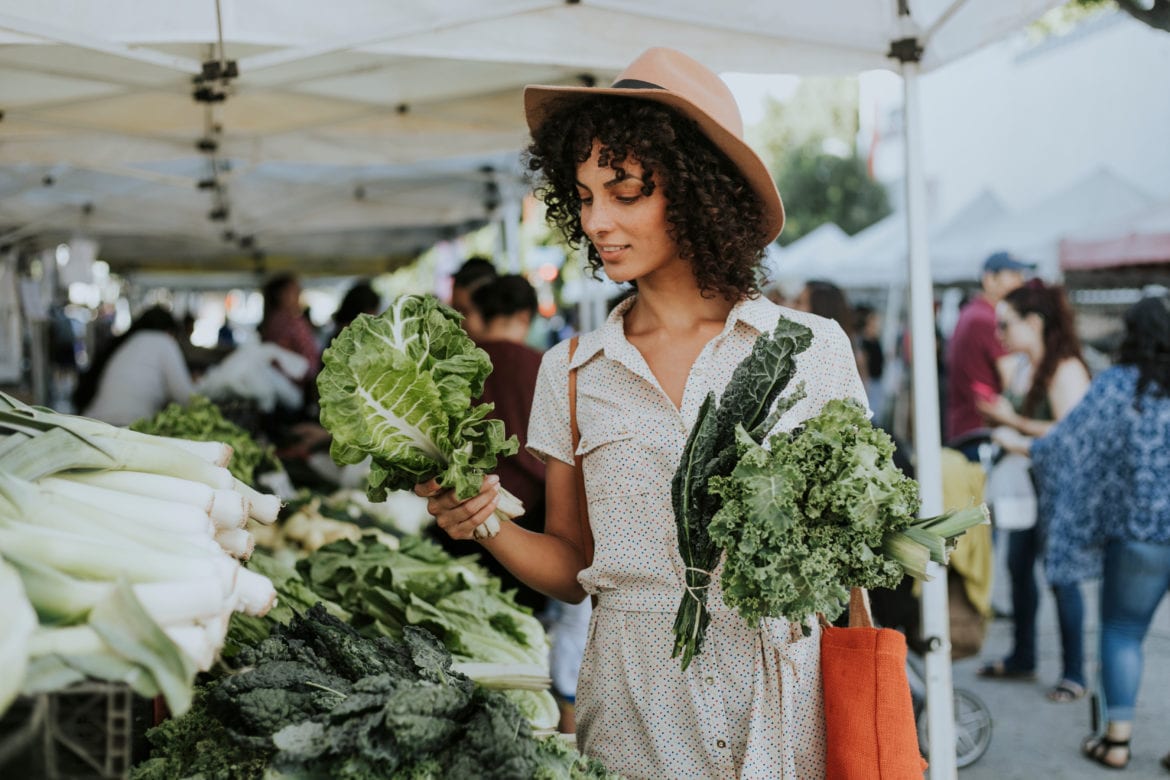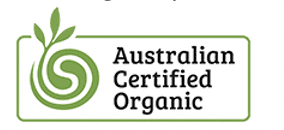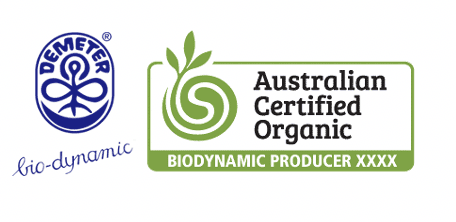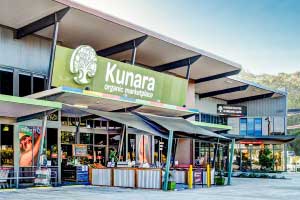With so many different labels and terms surrounding the products that we buy it can be confusing as to what the difference is between organic, certified organic, bio dynamic and insecticide free/spray free. Here is our simplified guide on what to look for on your food labels and what do they actually mean:

What does “Certified Organic” actually mean?
Certified Organic means that a certain raw material or processed food complies with the rigorous set of national standards during production for organic and biodynamic produce. Organic certification is performed by seven organisations in Australia that are accredited by the department of agriculture, fisheries and forestry or DAFF for short. Most organic products will carry a certification trademark from its certification body, which verifies that the product is indeed organic. The most commonly recognised symbol and the largest certification body is the ACO (Australia Certified Organic). Products carrying these logos can be trusted that all ingredients have followed the organic standards in all stages of production from paddock to plate.
Other accredited organisations for certification are shown below so keep an eye out for these as well.


Simplified Standards
Organic farming is a whole systems approach and considers everything involved including, soil, plants, animals, food, people and the environment. Depending on the product the standards differ but in general Organic products:
- Are Grown without the use of synthetic chemicals (no synthetic pesticides sprayed)
- Grown without synthetic fertilisers
- Do not use any GMO’s
- Ensure that physical, biological and mechanical controls are used primarily to control pests and that any substances used to protect their produce from pests and insects (usually as a secondary measure), are approved by ACO.
- For livestock, the animals must be fed 100 percent organic feed and not be given antibiotics or hormones. And their living conditions have to accommodate natural behaviours (such as grazing.
Standards for imported products
Other countries have their own certification bodies and standards they have to uphold. While the general guidelines are similar for organic certification, they do differ from country to country…some with more strict guidelines, and some with less. In Australia the national standard for organic and biodynamic produce is some of the most rigorous and respected in the world. Some logos you might see from imported products are the USDA from the US and China’s organic certification shown below.

If you want more information to delve deeper into what the Australian standards are for organic certification for specific sectors you can download the complete standard at https://austorganic.com/publications/australian-certified-organic-standard/
Is “Organic” the Same?
Often foods labelled ‘organic’ actually refer to certified organic and with the strict guidelines in Australia, you can be assured most products labelled organic are indeed certified. Manufacturers can get into a lot of trouble if it’s found their product is being falsely advertised as organic.
Occasionally local farmers at farmers markets etc can say their produce is “organically grown”, this normally means they have not gone through the organic certification process but have used organic and chemical-free practices in their production. The organic certification process can be quite an expensive one which some small farmers cannot afford. This is unregulated of course so it’s always good to ask lots of questions about the processing, sprays and fertilisers they have used when buying uncertified organic products.
Processed products with various ingredients can also vary in how much they are organic and might be labelled as either 100% organic, which means all ingredients are organic and produced in an organic facility, or it may stipulate only a percentage of organic ingredients.
What is bio-dynamic and how is it different to Organic
Bio-Dynamic farming is an enhanced or alternative method of organic farming started in 1924 by a philosopher named Rudolf Steiner. It has evolved significantly since the 20’s, as our agricultural system has, and is a holistic approach to agriculture using traditional farming techniques with a prescribed list of natural “preparations”. These preparations are made from minerals and herbs and are used to enhance the compost used in the fields and to further enrich the sunlight permeated into the plant. Biodynamics also considers universal and cosmic forces at play in the farming environment, such as the effect of the moon and solar system on growing phases of plants. Bio-Dynamic farming is regulated under the same strict regulations as organics. A lot of organic farmers use some bio-dynamic farming techniques hence most bio-dynamic products can also be organic.

Insecticide free
This is not a strictly defined term but is commonly used to refer to products that haven’t gone through the process of organic certification but don’t use synthetic insecticides in their production. This term is unregulated but if buying insecticide free products from a trusted source, it can sometimes be of high quality without the expensive price tag.
It’s a bit of a misconception that organic produce hasn’t been sprayed with anything. There are certain natural pesticides and herbicides allowed for use under the organic certification standards so it always best to wash your fruit and veg before eating regardless of whether they are organic or not.
Written by Joshua Gaudry,
Food Scientist

Leave a Reply